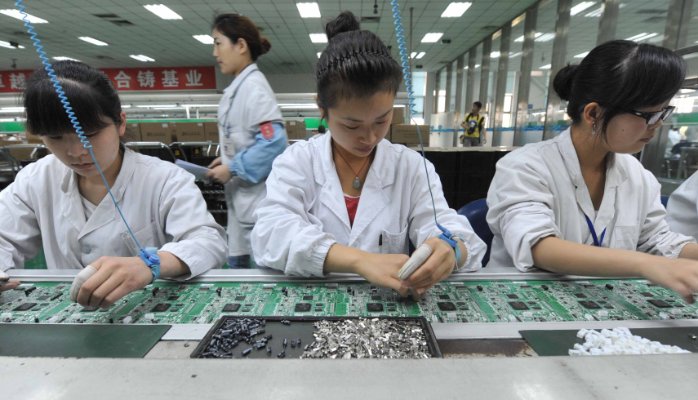Can a Taiwan company be held liable for damages under the U.S. Patent Act based on goods it manufactured in China and delivered in Hong Kong, even if it never imports anything to or sells anything in the U.S.?
Yes, despite the fundamental principle that patents are enforceable only within the countries where they are granted, there are circumstances in which U.S. law authorizes liability, either as a direct or indirect infringer, for what appears to be foreign conduct. While proper evaluation of any legal scenario requires consultation with a qualified attorney, this article will briefly summarize a few basic points concerning the extraterritorial reach of U.S. patent law. Continue reading

